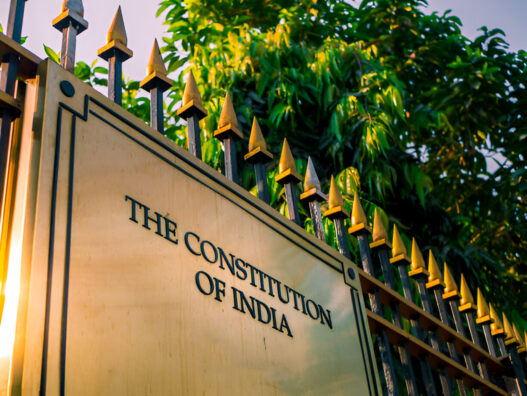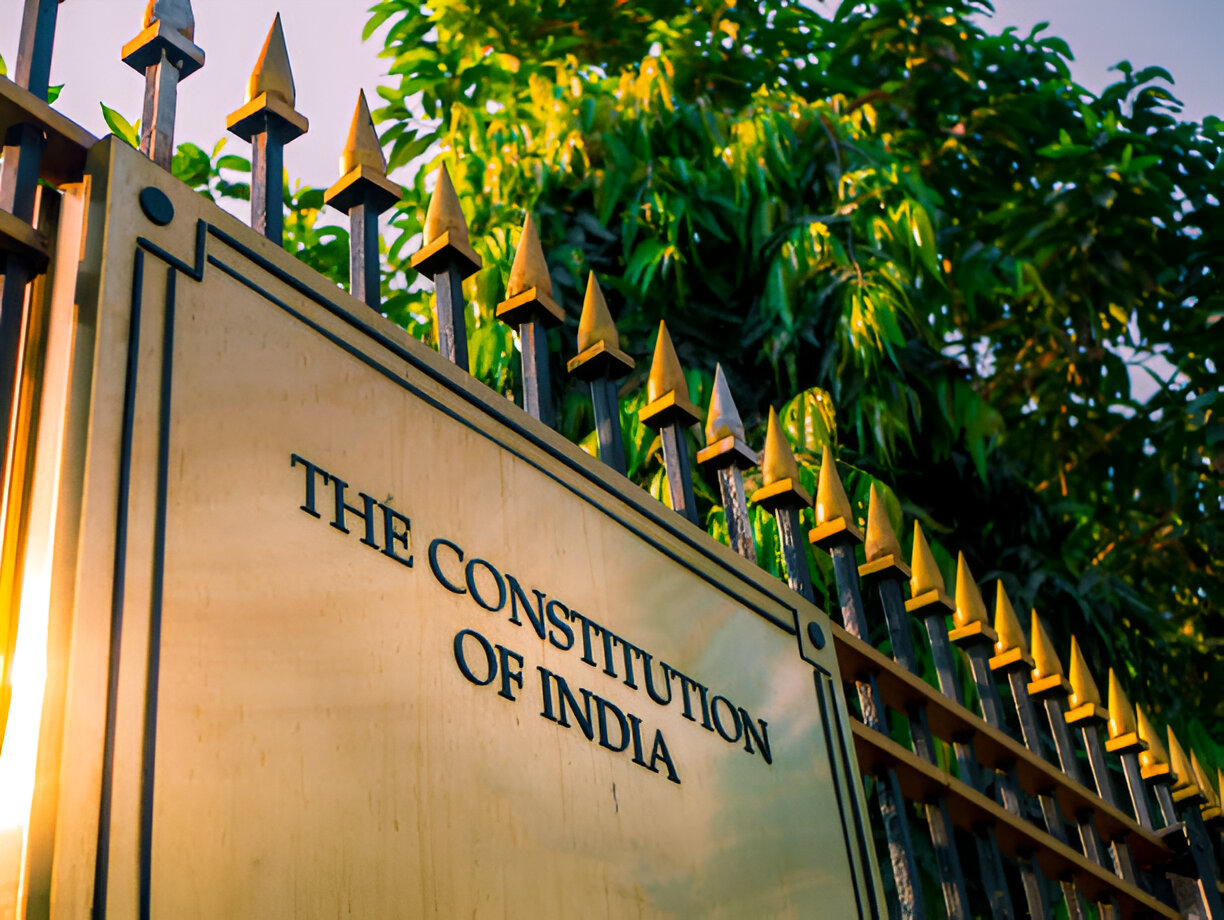Article 39A of the Indian Constitution, introduced by the 42nd Amendment, is a landmark provision that mandates the state to provide free legal aid to ensure access to justice for all citizens. This article recognizes that economic and social disparities can hinder access to the legal system and seeks to address this by making legal services available to the weaker sections of society. This article explores the features, significance, and implications of Article 39A.
What is Article 39A?
Article 39A, a Directive Principle of State Policy, places an obligation on the state to ensure that the legal system promotes justice on the basis of equal opportunity. It specifically directs the state to provide free legal aid to ensure that no citizen is denied access to justice due to economic or other disabilities.
-
Obligation on the State: The article mandates the state to provide free legal aid to all citizens, especially those from weaker sections of society.
-
Access to Justice: The primary goal is to ensure that all citizens have equal access to the legal process, irrespective of their class, sex, race, or creed.
-
Legal Aid Definition: Legal aid is defined as the legal services provided by the state under the Legal Services Authorities Act, 1987, or any other law in force.
Need for Article 39A:
-
Equal Opportunity: The absence of Article 39A was strongly felt as it became clear that many citizens were unable to access justice due to their socio-economic conditions.
-
Realizing the Goal of Legal Aid: Article 39A is crucial for realizing the goal of providing legal aid to all and ensuring equal opportunity before the law.
-
Addressing Discrimination: It aims to eliminate discrimination based on religion, race, caste, or sex in access to justice.
-
Part of a Process: Article 39A is not an end in itself but a part of a larger process to ensure that justice is accessible to all.
Features of Article 39A:
-
Right to Seek Legal Aid: The article establishes the right to seek legal aid as a fundamental entitlement, making it the duty of the state to secure this right.
-
Access to Justice: It recognizes that access to justice is a prerequisite for meaningful redress of grievances. Without legal aid, complaints may remain unaddressed.
-
Reasonable Charges: Article 39A suggests that free legal aid should be provided at reasonable charges, based on prevailing circumstances, requiring an understanding between the government and the individual about the charges.
-
Availability to Those Who Require It: The right to free legal aid is available only to those who require it. For those not entitled to free aid but unable to afford a lawyer, an amicus curiae (a lawyer appointed by the court) is provided.
-
State’s Obligation: The Supreme Court has clarified that the state’s obligation to provide free legal aid depends on the funds allocated by the central or state government. Any additional grant under Article 39A must be used solely for legal aid.
What Article 39A Provides For:
-
National and State Authorities: The article mandates the creation of the National Legal Services Authority (NALSA) at the national level and State Legal Services Authorities (SALSA) at the state/union territory level.
-
Legal Services Committees: NALSA assists SALSAs in establishing legal services committees at the state level.
-
Free Legal Aid: These authorities provide free legal aid to the weaker sections of society, persons with disabilities, and those unable to afford legal costs.
-
Protection of Rights: The authorities are responsible for protecting and enhancing the rights to free legal aid for all.
Significance of Article 39A:
-
Constitutional Right: Article 39A establishes the right to seek legal aid as a constitutional right.
-
State Duty: It makes it the duty of the state to secure this right and provide free legal aid at reasonable rates.
-
Equal Access to Justice: It ensures that all citizens, regardless of their socio-economic status, have equal access to the legal system.
-
Social Justice: It is a step towards achieving social justice by empowering marginalized communities through legal assistance.
Conclusion:
Article 39A of the Indian Constitution is a vital provision that ensures equal access to justice for all citizens. By mandating the state to provide free legal aid, it addresses the barriers that prevent weaker sections of society from accessing the legal system. The article is a cornerstone of social justice and a commitment to ensuring that no one is denied justice due to their economic or social circumstances.




